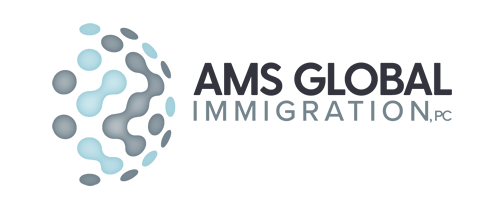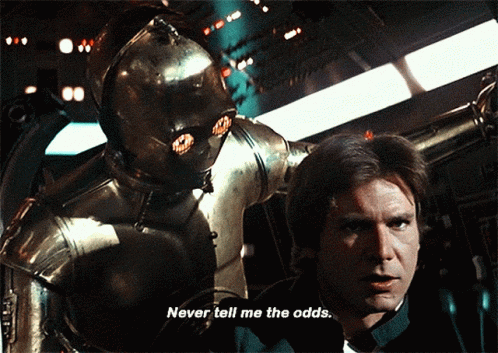First, a bit of background for those unfamiliar with the Kafkaesque absurdity which people in the U.S. global mobility world are forced to deal with each April Fool’s Day.
Since the mid-1990s, the demand from employers to sponsor temporary work visas for what are commonly referred to as “H-1B Specialty Occupation Professional Workers” has far exceeded the supply of those visas set by Congress in a 1990 change to the U.S. immigration laws. That supply quota, or “cap”, has effectively not been raised since 1990, despite huge shifts in the size of the U.S. economy, a looming U.S. worker demographics cliff, and the ever-increasing demand for technical, “STEM” talent in this country.
Faced with a lack of political will in Congress to fix a simple, yet glaring, supply vs. demand problem, the USCIS immigration agency is forced to run a random lottery drawing every April 1st, in order to pick which lucky employers will get one of the coveted H-1B visa numbers for the following fiscal new year start on October 1st. Historically, the odds of having your employee’s name selected in that lottery drawing were roughly 1-in-3; possibly a bit higher if your employee had earned a graduate degree from an accredited U.S. university. In the past couple of years, for a variety of reasons, the odds have been even more dismal.
If you are one of those employers needing to hire or retain a highly-educated, critical, foreign worker, you and your employee probably went into the H-1B cap lottery drawing registration process with high hopes, mostly ignoring the odds I mentioned above. That’s great. I am a firm believer that maintaining a positive attitude can go a long way towards success in the Byzantine, U.S. immigration system … as well as in an asteroid belt chase! However, unlike Han Solo, the reality is that 10s of thousands of people do not, in fact, get lucky in the lottery on April 1st each year. So, now what??
Many of those unlucky professional workers simply pack up their things and leave the U.S. Some take their unique talents back home; others may look to our northern neighbor, whose government very wisely benefits from this unnecessary, U.S. brain drain (e.g. see this recent post from friend and colleague up in Canada: https://www.linkedin.com/posts/ken-nickel-lane-canadian-corporate-immigration_h1b-usa-greencard-activity-7186713293883863040-fxoD). But, I’m here today to remind you that all is not necessarily lost in the U.S. While not ideal, there are a handful of other options to explore.
The U.S. immigration law was once characterized by the Congressional Budget Office as the second most complex area of U.S. law; just below the equally absurd U.S. tax code. So, diving into the actual details of alternate U.S. work visa sponsorship options would turn this blog post into a treatise. You should consult carefully with your licensed, U.S. immigration attorney. There can be a lot of nuance and strategic differences between two foreign worker sponsorship situations that may otherwise look identical to a layperson.
Having said that, depending on the exact circumstances, it may be possible to develop a strategy to sponsor your unlucky employee for an E-2 or L-1 class of temporary work visa; the former dependent on the employee’s citizenship, and the latter likely requiring an expatriate assignment abroad for a year or so. In addition, eligibility for the O-1 class of U.S. work visa for “Extraordinary Ability Aliens” has become more flexible in recent years. Despite the trite rhetoric so prevalent on social media, maybe your employee really is a “rock star”? In addition, there are companies which have sprung up lately which are able to (for an admittedly hefty fee) team-up with your company, to get your employee into H-1B status by essentially bypassing the H-1B cap lottery system entirely, at least in the short term.
The point being, yes. The H-1B cap lottery system is unbelievably annoying, nonsensical, and a surprise to most U.S. citizens, who only see and hear about the crazy situation at the U.S. southern border. However, if you are left licking your wounds after an unsuccessful, H-1B lottery drawing this month, we just might be able to stitch you back up and avoid a costly scramble to fill yet another open position on your TA docket.
As always, if you have questions or concerns about sponsoring any of your foreign workers in the U.S., don’t hesitate to reach out to your AMS Global Immigration attorney. We are your U.S. Immigration Business Partners, and we’re here to help!


